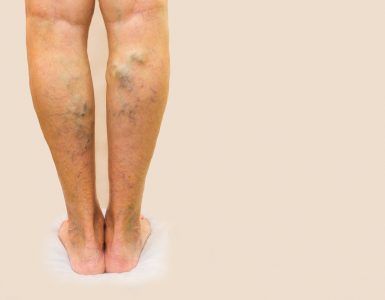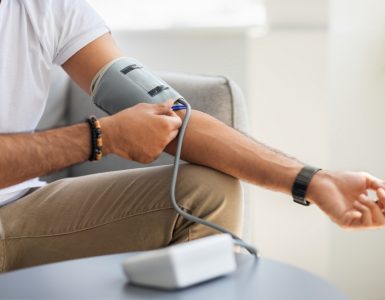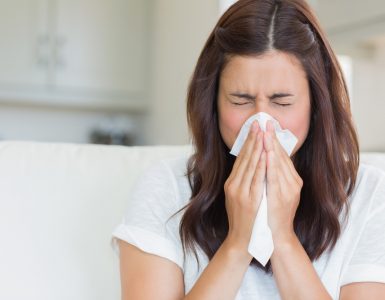| Vitamin name |
Vitamin E |
| What’s it used for? | As an antioxidant protecting the body’s internal fatty membranes; protects the tissues of the skin, eyes, liver, breasts and testes. Also used as a blood thinner. |
| Best food sources | Oils from nuts and seeds, avocadoes, green leafy vegetables, wholemeal bread, eggs and liver |
| How much do I need? | NRV is 12 mg per day* |
| Need to know | Vitamin E is lost during refinement and purification of vegetable oils |
*A Nutrient Reference Value or NRV is the recommended level set by the UK Department of Health for daily nutrient intake
Vitamin E
Vitamin E is a fat-soluble vitamin and is part of the family of compounds called tocopherols. Vitamin E is the main fat soluble antioxidant in the body, working in the fatty portion of every cell membrane.
Why do I need it?
As a key antioxidant, protecting the body from damaging free radicals, its benefits are felt throughout the whole body.
Vitamin E works with other key antioxidants to protect body tissue. It also protects the heart and blood circulation from oxidative damage, or damaging compounds that can cause degenerative diseases. This, in turn, can help to slow the ageing process.
Vitamin E is important in immune function. In addition to protecting white blood cells from damage (a key taskforce in immune defence), it helps protect the immune system, particularly during times when the body is stressed due to viral infection.
It has also been shown to reduce something called ‘blood platelet aggregation’ (or blood stickiness) and has, therefore, been used as an effective blood thinner.
Best food sources
In nature, where there are high levels of monounsaturated and polyunsaturated fatty acids, there are also higher levels of vitamin E. This is why cold pressed oils such as olive oil are rich sources.
Foods high in vitamin E

Almonds – 26.2 mg per 100g

Sunflower seeds – 36.3 mg per 100g

Olive oil – 14.4 mg per 100g

Avocado – 2.1 mg per 100g

Broccoli – 1.5 mg per 100g
Are you getting enough?
There are no specific deficiency symptoms associated with vitamin E though this may be reflected in poor immunity. However, ensuring adequate intake may provide protection against heart-related events such as angina, but also leg pain when walking due to insufficient oxygen.
It may be useful for preventing atherosclerosis by reducing the likelihood of plaque formation on the artery walls.
Dry skin can sometimes be a symptom of low vitamin E intake and many skin conditions, particularly healing skin after surgery, can be alleviated by taking additional vitamin E.
Did you know?
There will be an increased need for vitamin E if the diet is high in fried foods where there is more exposure to pollutantsVitamin E is available in natural form (d-alpha tocopherol) or synthetic form (dl-alpha tocopherol). Natural always provides greater benefit than synthetic
It is safe to take during pregnancy and breastfeeding at recommended dosages – certain potential pregnancy complications may be reduced by taking vitamin E – consult your healthcare professional for advice
Vitamin E can be lost during refinement of vegetable oils, although it is stable when heated
Other tocopherols in the ‘family’ such as beta and gamma tocopherol also generate antioxidant activity
For all the latest research on vitamin E click here
Try this
Vitamin E is found in the Alive! range of multi vitamins and minerals.
For more information visit www.feelaliveuk.com
You can also follow Alive! on Twitter for general health and wellbeing tips: @feelaliveuk








